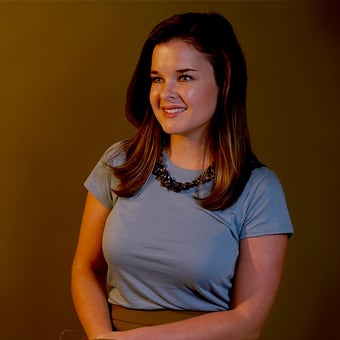Fox News Flash top headlines for December 1
Fox News Flash top headlines are here. Check out what's clicking on Foxnews.com.
In an interview with CNN analyst April Ryan, former President Barack Obama discussed how race played a role in his third memoir, "A Promised Land," in the lead up to the Trump presidency, and why police reform has become such a “hot button” issue.
Obama said he first realized the contempt that many Americans, in particular white Americans, felt when addressing police reform, after he made a comment condemning the arrest of 58-year old Henry Louis Gates Jr., a Black Harvard professor who was arrested after a neighbor called the police on him when he struggled to get through his own front door, thinking it was a break-in.
Cambridge, Mass., police officer Sgt. James Crowley, acknowledged that Gates proved he lived there by showing him identification but he arrested him for “disorderly conduct” after the professor grew angry at the accusation of breaking into his house.
Crowley reportedly asked him to step outside at which point Gates yelled, “Why, because I’m a black man in America?”
“I commented during a press conference…about the fact that ‘well you know I think the Cambridge police probably acted stupidly in arresting somebody in their own home,' a 60-year-old man that posed no threat,” Obama told Ryan in a Monday interview. “And this became a big controversy.”
“Just the fact that I was seen as questioning the police…really upset a bunch of folks and I think it indicated the degree to which the issue of police relations with minority communities, and the black community in particular, is always a hot topic,” he continued. “It is something that unearths or escalates fears within the white population that somehow the African American community is going to get out of control in some way or is not respecting authority.”
Obama explained that he thinks this line of reasoning is inaccurate, and said that what the Black community in America is looking for today is “good and fair policing.”
The Black Lives Matter movement erupted under the Obama administration after a 17-year old Black boy, Trayvon Martin, was fatally shot by a neighborhood watch captain, George Zimmerman.
APRIL RYAN GUSHES OVER 'BRILLIANCE' OF OBAMA IN HIS LATEST STOP ON FRIENDLY BOOK TOUR
But the movement took off to an even greater degree during the final months of the Trump presidency, after the killing of George Floyd was caught on a cellphone camera. Footage shared on social media showed a White police officer kneeling on Floyd’s neck for nearly nine minutes, as three other police officers watched.
In response to Floyd's killing, months of marches were held and riots broke out during which protestors clashed with police officers. And demonstrators were further infuriated when Trump called in the National Guard and refused to address police reform demands.
“It’s one of those issues where so many underlying racial tensions and legacies of historic racism come to the fore, and I thought it was important for us to examine,” Obama said. “There is no doubt my successor, Donald Trump, tried to fan those fears rather than fairly address them."
CLICK HERE TO GET THE FOX NEWS APP
Obama said he did not think that President-elect Joe Biden was going to be able to “fix” racism in the U.S. but could “set a tone of inclusion" and "send a message that racism is not acceptable” by condemning white nationalism and to “reinvigorate the civil rights division of the Justice Department.”





